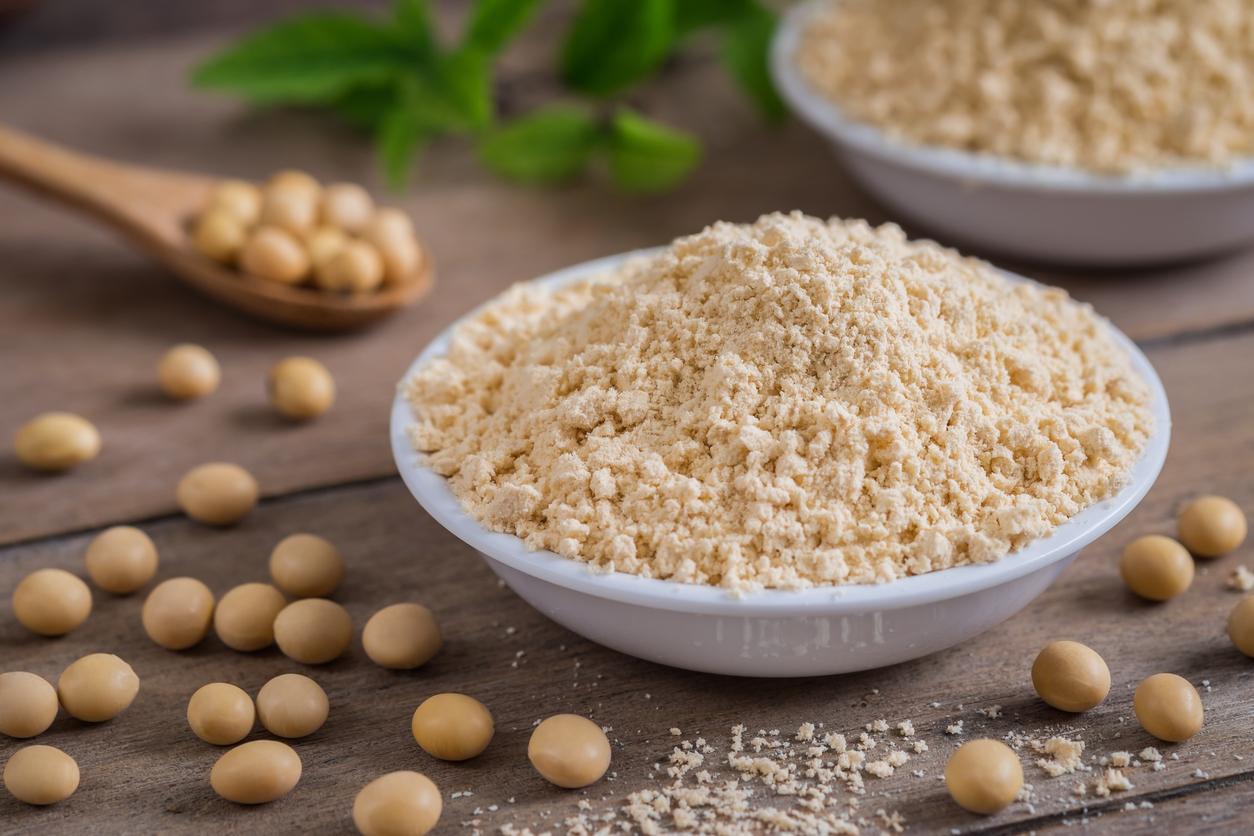American researchers have discovered that a bacteria frequently found in undercooked poultry can cause Guillain-Barré syndrome.

The holidays are fast approaching. In addition to the gifts that must be bought and wrapped, the Christmas and New Years meal are also in everyone’s mind. Capon, guinea fowl, chicken or even duck… Impossible not to salivate by imagining them browning in the oven… And precisely, if you want to spend the end of the year celebrations without a hitch, be very careful with the cooking. A study published in Journal of Autoimmunity has, in fact, shown that undercooked poultry can lead to Guillain-Barré syndrome, due to the persistence of a bacterium.
This syndrome is a neurological complication that causes progressive and temporary paralysis. This rare condition usually occurs after a bacterial or viral infection, such as the Zika virus or the flu.
A link between this syndrome and bacteria found in poultry and livestock, Campylobacters, has also been suspected for a long time. This pathogen, responsible for intestinal infections, infected more than 6,000 people in France last year. Cases of gastroenteritis and, potentially, cases of Guillain-Barré syndrome, which could be prevented if food was cooked properly, suggest researchers at Michigan State University.
Antibiotic resistant bacteria
To reach these conclusions, the scientists designed animal models to study the occurrence of this post-infectious complication, as well as the effect of antibiotic treatments. Using these different models, they discovered that Guillain-Barré syndrome was caused by a bacteria Campylobacter carrier of a particular mutation. “The worrying result of our work is that the vast majority of these strains are resistant to antibiotics, and we have found that antibiotic therapy may actually make the syndrome worse,” says Linda Mansfield, study leader and professor at the school of veterinary medicine.
Indeed, their results show that these antibiotic treatments had limited efficacy and often failed to fight the bacteria, regardless of the severity of the neurological disease. Worse, they could lead to a worsening of the state of health of the guinea pigs, with organ damage.
“These models offer significant potential for discovering new treatments for this paralysis, because many patients with this syndrome are too sick to participate in clinical trials”, explains the veterinarian, who hopes that drugs capable of preventing this syndrome will be able to also be developed. In the meantime, it is better to cook your food well.
.















